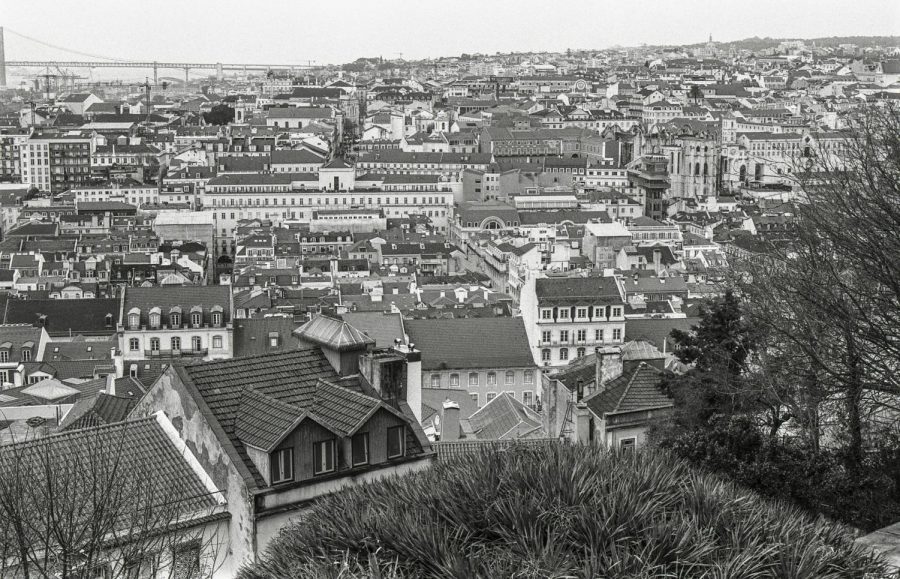Opinion: US must adopt Europe’s idea of the melting pot
Portugal
May 14, 2018
Over April vacation, my family went on a trip to Portugal, a nation from which almost 10% of Gloucester residents trace their ancestry. In the ten days I was there, I experienced a national culture that was full of beautiful art and music. In many ways, Portugal is different from my experience of the United States.
The United States takes pride in its identity as a nation of immigrants, and was in fact built by, and for, immigrants of every faith, race, and ethnicity. But despite America’s ideological focus on diversity, in application, this “melting pot” is, in some ways, about dissolving and singularizing cultures into one another instead of cultivating a society based on sharing and celebrating differences.
The distinctness and individuality of different cultures– the customs, cuisine, and art of different places and nations– are such a beautiful part of the human experience.
Over Portugal’s history, the ancient nation has been populated by Neolithic people, Romans, the Moors, and more. At historic monuments, and in the architecture and culture of the nation, the impacts of each of these occupants can be seen. Ruins of different peoples are piled in the plot of one castle, overlapping and building off one another.
From the intricate tiles and arches of the Moors, to the aqueducts and columns of the Romans, Portugal has a rich history, which, though it is pockmarked with the violence of imperialism and the inquisition, has created an accumulation of culture that has built a unique way of life on the Iberian peninsula.
In Portugal, and the majority of Europe, the proverbial melting pot wears a different face. Although European nations certainly share many cultural elements, they are diverse and unique. Within these nations, different faiths and immigrants from every corner of the earth are welcomed. Walking down the streets of Lisbon, one can see an Indian woman in traditional dress hanging out her laundry, a family of Orthodox Jews, a family of German tourists, and ethnically Portuguese locals; all on the same cobblestones. The majority of people in Portugal speak at least two languages- many speak more. Communication and acceptance are a huge part of Portuguese culture.
America, and the rest of the world, can learn a lot from Portugal and similar nations. The very natural way in which people coexist is the way that it should be; free from nationalism, but not lacking cultural pride. The land on which you live and the people you are born to define what nation you grow to love, and in the end, land is just land, and we are all born to the human race. Humanity needs to continue its path towards globalism, without the standardization of different cultures.











![The GHS/MERHS senior cross country runners pose together on Senior Night. [Photo courtesy of Manchester-Essex Athletics]](https://thegillnetter.com/wp-content/uploads/2025/10/Screenshot-2025-10-10-at-11.18.29-AM.png)



















